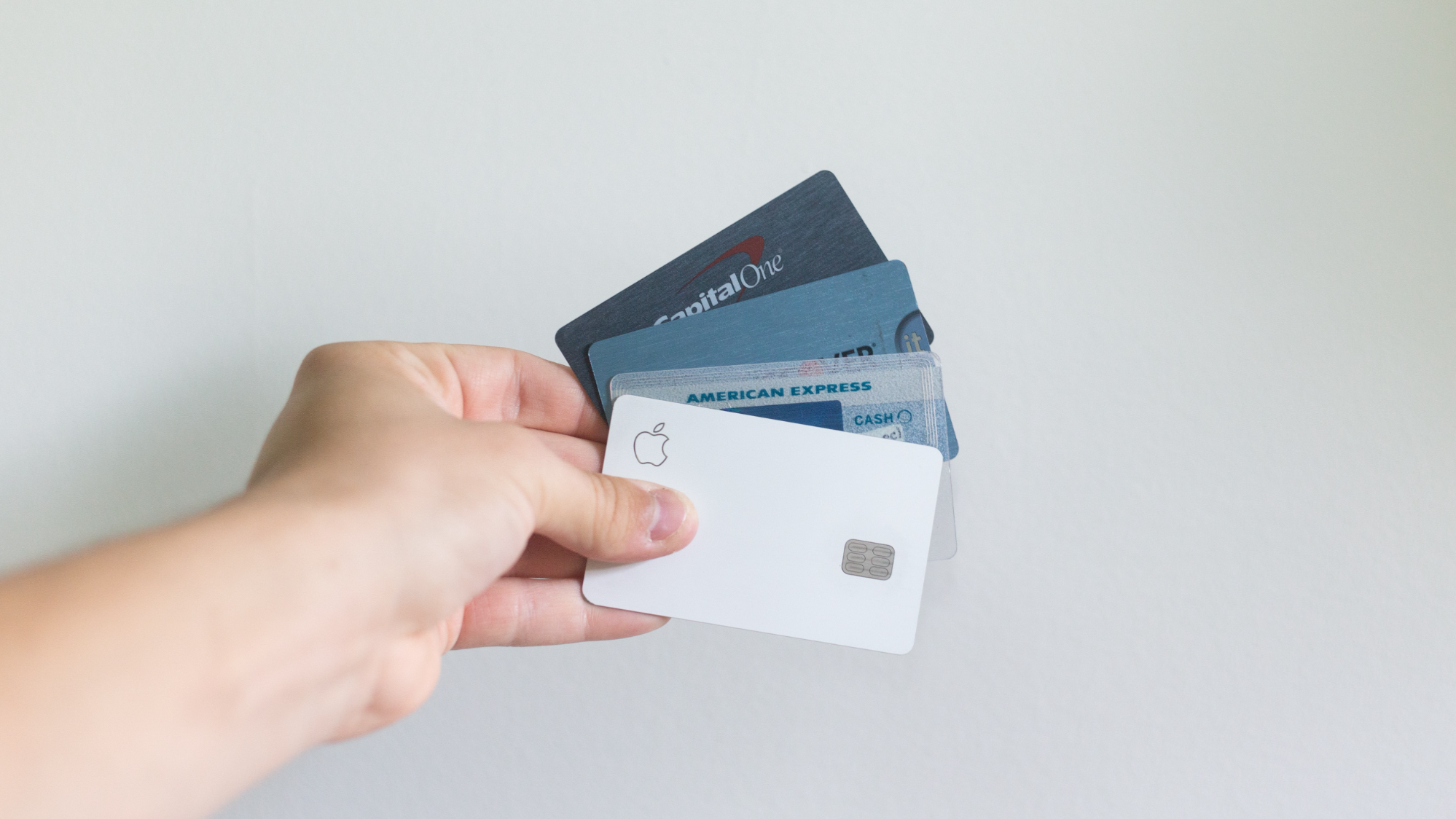5 Components That Impact Your Credit Score
Credit scores are like your GPA for life.
They determine what doors open for you and frankly can put limitations on what you can do.
Housing is no exception.
When you're looking to buy a home, your credit is a factor lenders use and can affect how much you can borrow. When you're looking to rent, your credit will determine if your application is accepted or not.
But what makes up your actual credit score? How do the bureaus come up with those numbers?
This blog post will break down what goes into making up those three digits.
Payment History
Your payment history is the most critical element considered when determining your credit score. It takes up 35% of the credit score.
It shows how you've paid the lenders that have given you a line of credit. This history includes accounts that are past and current. What makes up your payment history is (source):
- Payment information
- Any delinquent payments and how overdue they are/were
- The amount of money still owed on delinquent accounts or collection items
- The number of past due items on your report
- Adverse public records (e.g., bankruptcies)
- The amount of time passed since delinquencies, adverse public records, or collection items
- The number of accounts that are being paid correctly and on time.
Rule-of-Thumb: Try not to take more than you can afford and, above all else, make your payments on time.
Amounts Owed
Your Amounts Owed is the second most crucial aspect of your credit score. It makes up 30% of your score.
It shows how many open accounts you have and how much you owe them. Having your Amounts Owed be a large number can make you look like a high-risk borrower or someone a lender or creditor would consider more likely to default on their loan.
Rule-of-Thumb: Make your payments on time, and don't open unnecessary lines of credit to keep the amount you owe low.
Length of Credit History
The next element of your credit score is how long you've had credit and makes up 15% of your score.
Time is what bureaus consider with this component. They're looking at how long it's been since your first account was open.
Having less than two years of credit history will not give most lenders enough information to determine whether you are a high-risk borrower or not. More than seven not only gives them more than enough info, but it is the amount of time needed before most unfavorable details of your credit report "fall off" (source).
Rule-of-Thumb: Open your first credit account when you are ready (get a credit card or take out a loan) and guarantee you can make your payments on time.
Credit Mix

The type of credit accounts you have open will impact your credit score. This component takes up 10% of what determines your credit score.
You can have two types of credit accounts: Revolving Accounts and Installment Accounts.
Revolving accounts have "flexibility regarding the amount paid monthly" (source). For the most part, it's the accounts that give you a card—for example, credit cards, store cards, gas cards, etc.
Installment accounts have a "require[d]... fixed payment each month" (source). These accounts are primarily loans—for example, student loans, mortgage, car loans, etc.
Rule-of-Thumb: Have a good variety of Revolving and Installment Accounts; make all payments on time.
New Credit
Last but not least is your new lines of credit, which also make up 10% of what decides your credit score.
Bureaus are looking to see how many new lines of credit you have, and more specifically, how many you opened over a certain amount of time.
Having many inquiries on your account at one time (applying for a lot of credit cards or loans at once) sends up red flags to the credit bureaus.
Rule-of-Thumb: Get one line of credit at a time. Make all payments on time and build credit before getting another line of credit.
Resources
If you're looking to start your real estate journey and your credit score is holding you back, then give us a call.
We'll get you in touch with one of our credit repair specialists to advise you and help you boost your score.
Call or Text us at 346-446-3428.
Conclusion
Yes, your credit score can affect if you get into your preferred rental or how much you get pre-approved for on your mortgage loan.
However, if you know what influences your score well before your next purchase or lease, you will be able to turn your credit into something that will work in your favor.
Categories
- All Blogs (659)
- Affordability (16)
- Agent Value (27)
- Baby Boomers (8)
- Buyers (437)
- Buying Myths (117)
- Buying Tips (49)
- Credit (3)
- Demographics (32)
- Distressed Properties (6)
- Down Payment (23)
- Downsize (2)
- Economy (16)
- Equity (12)
- Family (2)
- Featured (8)
- First Time Homebuyers (211)
- For Sale by Owner (1)
- Forecasts (7)
- Foreclosures (28)
- FSBOs (11)
- Gen X (1)
- Gen Z (5)
- Home Improvement (2)
- Home Prices (37)
- Housing Market Updates (231)
- Interest Rates (70)
- Inventory (30)
- Investing (6)
- Kids (2)
- Leasers (6)
- Lenders (4)
- Loans (8)
- Luxury Market (3)
- Market (3)
- Millennials (9)
- Mortgage (18)
- mortgage rates (31)
- Move Up Buyers (84)
- New Construction (13)
- Pricing (95)
- Rent v. Buy (36)
- Self-Employed (1)
- Sellers (292)
- Selling Myths (87)
- Selling Tips (40)
- Senior Market (1)
Recent Posts










GET MORE INFORMATION

Agent | License ID: 740140


